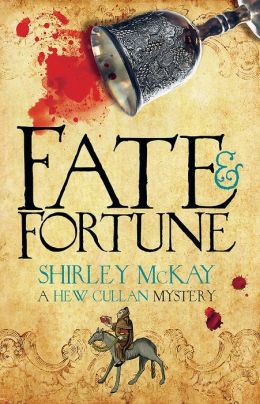As the dog days of August bring both the threat of
thunderstorms and the equally great threat of the start of the semester, I have
been thinking about the joys of summer reading, and what to recommend while the
pace for most of us is still slower.
In particular, I find that my own sense of the field of
legal history is enriched by reading outside my interest in church and
state. This summer, I have very much
enjoyed John Witt’s Lincoln’s
Code, as have several of my correspondents.
He kindly sent me a copy, with a note that called the book “beach
reading.” My own reading place of choice
is a porch, and I am pleased to report that Lincoln’s Code was great porch
reading.
The eclecticism of summer reading for me included revisiting
Pauline Maier’s older William and Mary Quarterly article
on the revolutionary origins of the American corporation. The piece is still fresh and a good read by
porch standards, a wonderful way to remember a great scholar.
Also orthogonal to my own interests generally but deeply
productive was James Scott’s Seeing Like a
State. Thanks to recommendations
from Bill Novak and Karen Tani, I have begun to think much more carefully about
the perspective of the “state” in church and state.
 For sheer pleasure, the porch and I heartily recommend
Catherine Brekus’s new book Sarah Osbone’s
World, a wonderfully engaging and intricate look at the eighteenth-century
life of a deeply religious woman.
For sheer pleasure, the porch and I heartily recommend
Catherine Brekus’s new book Sarah Osbone’s
World, a wonderfully engaging and intricate look at the eighteenth-century
life of a deeply religious woman.
And for the remaining moments of escape reading, I have been
amazed at how many of my legal historian friends are fans of detective fiction
(one of them is even an author of such novels -- Lawrence Friedman’s detective
is lawyer Frank May). Recently, an eminent legal historian
suggested that I read Martin Walker, whose detective, Inspector
Bruno, works in the Dordogne. (I
have the audio edition of the first book, Bruno, Chief of Police (2010),
which is terrific.) The most recent is The Devil’s Cave (2013). I have also
enjoyed Shirley McKay, whose lawyer detective Hew
Cullan practices (reluctantly) in St. Andrew’s, Scotland, in the sixteenth
century.
 My husband was traveling back from an ASLH meeting with me
once, and advised me to hide my detective novel, because legal historians would
never respect someone who read such trash.
Fortunately, Victoria List was nearby, and piped up, saying that she was
reading a mystery that involved not only murder and a detective but
crosswords. As I recall, she described
the book as “frothy,” in an appreciative tone. (See, e.g., A
Puzzle in a Pear Tree.) She had my back, in other words. My husband still reads Granta, and I remain convinced
that I have a much more rewarding list for the porch.
My husband was traveling back from an ASLH meeting with me
once, and advised me to hide my detective novel, because legal historians would
never respect someone who read such trash.
Fortunately, Victoria List was nearby, and piped up, saying that she was
reading a mystery that involved not only murder and a detective but
crosswords. As I recall, she described
the book as “frothy,” in an appreciative tone. (See, e.g., A
Puzzle in a Pear Tree.) She had my back, in other words. My husband still reads Granta, and I remain convinced
that I have a much more rewarding list for the porch.
Please do let me know your legal history (or detective
fiction) recommendations for these final weeks of summer. Tempis fugit, I know, but I can still spend a
hot afternoon or two out on the porch.
